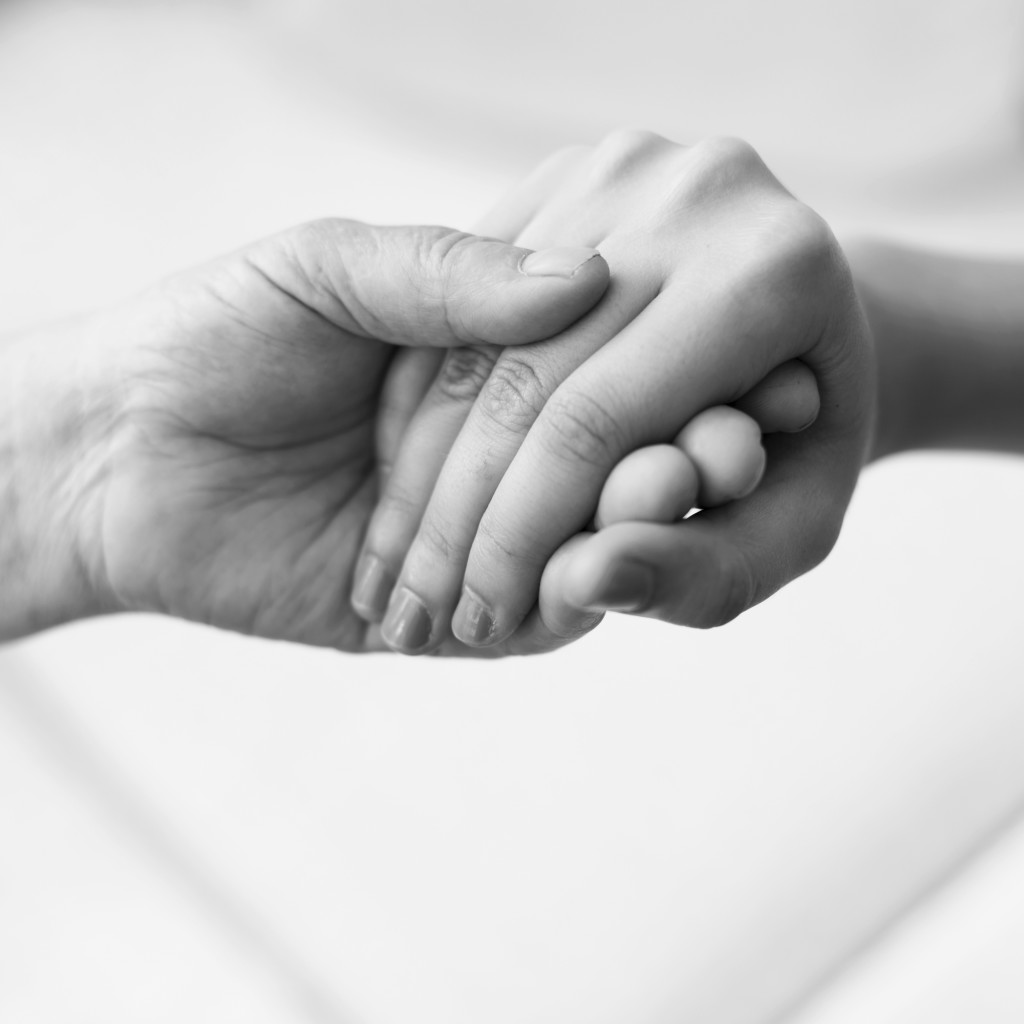
Recently, the high court rejected a legal challenge over the unlawfulness of government changes to legal aid for domestic violence victims.
The Law Society supported the challenge brought by the public law project on behalf of rights of women, over the lawfulness of changes introduced by the government in April 2013. The changes include regulation which set out what evidence victims of domestic violence have to provide to get legal aid for family cases. In order to get legal aid, domestic violence victims have to prove that they are victims of domestic violence. There are a number of ways this can be done, including their perpetrator receiving a Police caution, a court conviction for a domestic violence related offence, being in a Women’s Refuge or obtaining a domestic violence injunction. This evidence can be extremely difficult for many people to get and in many cases is subject to a 24 month time limit although perpetrators may remain a life long threat to their victims.
Legal aid is a lifeline for victims of abuse, enabling them to escape from abusive relationships, protect their children and manage their financial situations. Access to justice is vital in these cases, these statistics are self evident; two women are killed each week by a current or former partner and 500 recent victims of domestic violence commit suicide every year.
In a deeply disappointing judgment, the divisional court dismissed rights of women’s claim, finding that the Secretary of State for Justice acted within his powers in making the regulations.
Commenting on the ruling, Emma Scott director of Rights of Women said: “This decision means that women who remain at risk of violence will continue to be denied access to vital legal advice and representation in family cases. Our most recent research shows that about 40% of women effected by violence do not have the required evidence in order to apply for family law legal aid.”
Andrew Caplen, President of the Law Society, expressed his disappointment at the ruling stating: “Without legal aid women are being forced to face their perpetrators in court without legal representation. Victims of domestic violence should not be excluded from accessing legal aid for family law disputes against an abusive ex partner because of these unrealistic regulations. The Law Society is very concerned that many victims of domestic abuse will continue to be unable to obtain legal aid to help them break free from abusive relationships.”
If you are in a domestically violent relationship it is always worth seeing a solicitor to see if you can be eligible for legal aid. At Stephens Scown LLP we offer a free half hour’s advice and can advise you of your eligibility at that appointment.
